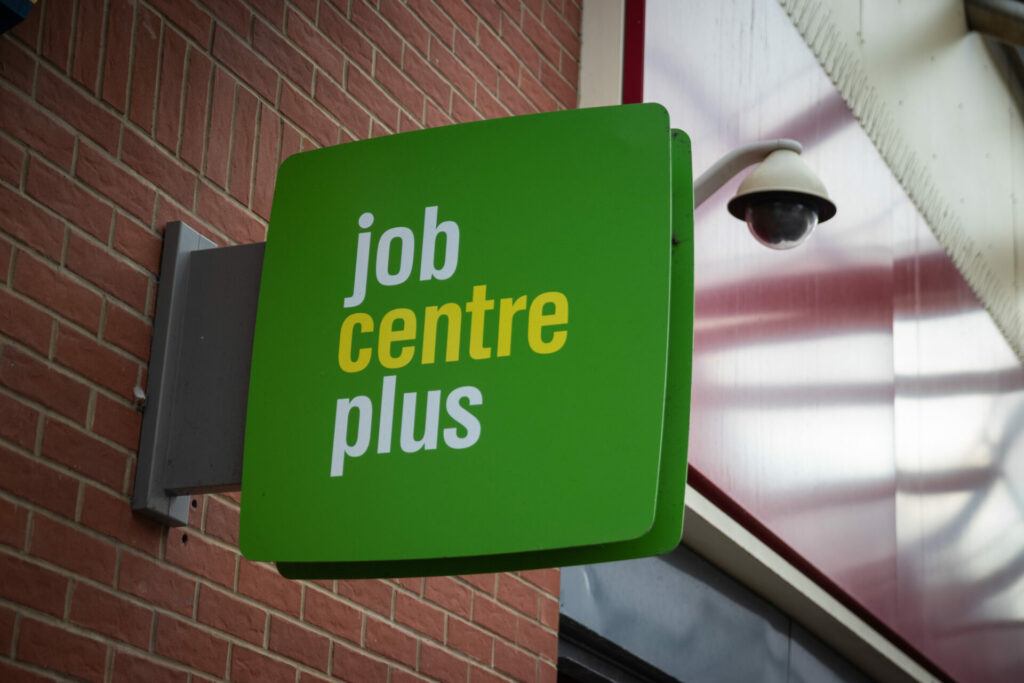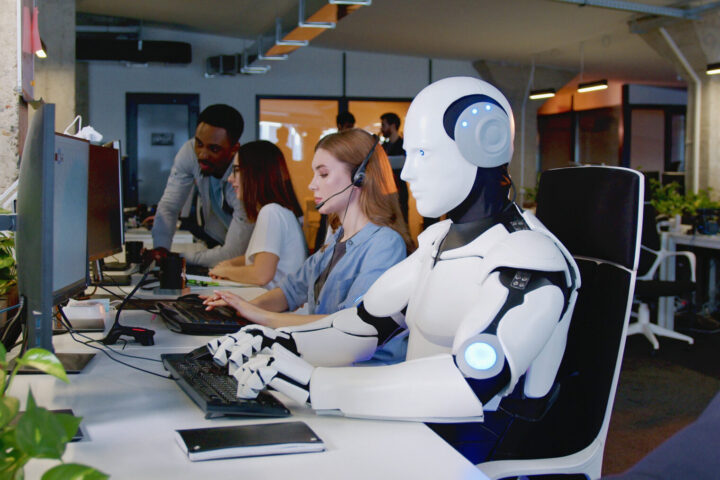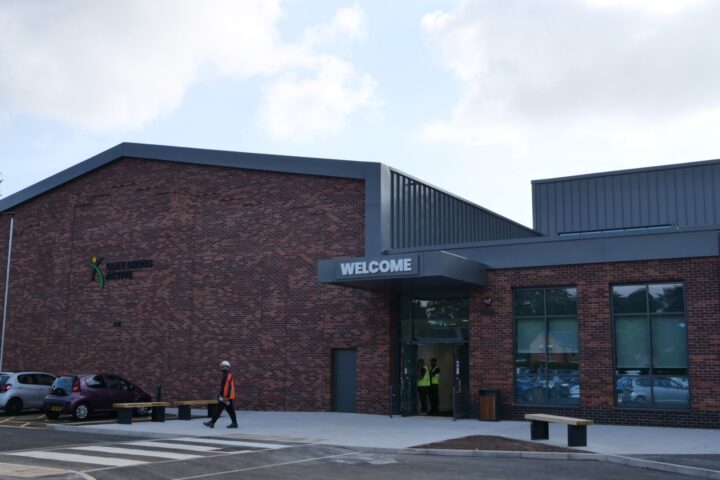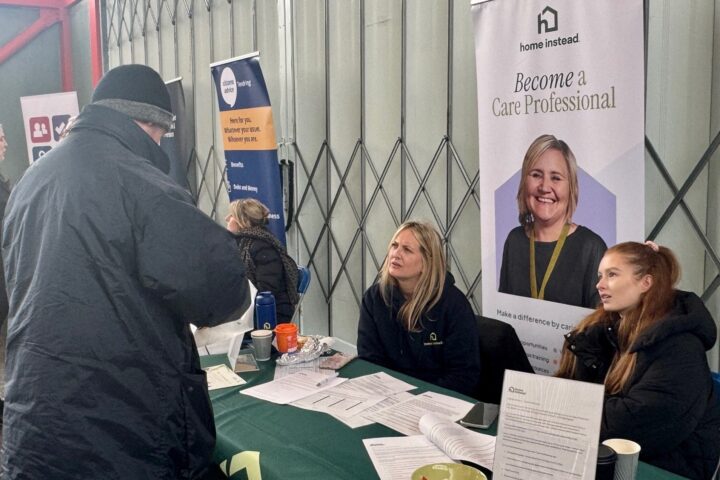Gen Z is moving away from the dreaded “hustle culture” in favour of more secure, long-term jobs, and they know what they want from their employers, according to a research commissioned by Southeastern Railway.
The survey revealed that climate change, travel, and roles that avoid being at a desk all day are top priorities for young people, highlighting the alignment between Gen Z’s job aspirations, goals, and hobbies, and the opportunities offered by a career in rail.
The survey showed that Gen Z no longer wants to bounce between jobs and toxic workplaces that don’t fulfil their ethics and career goals.
Instead, they are moving toward steady, rewarding jobs that align with their principles.
Nearly three-quarters (73%) of respondents said they prioritise a good work-life balance, while 47% prefer roles that are not desk-based, and the same proportion (47%) value a supportive workplace culture.
Career development is also important, with 44% seeking strong growth opportunities.
A third (34%) of respondents emphasised the need for comprehensive mental health support, while 26% highlighted the importance of diversity and inclusion processes.
Sustainability emerged as another significant factor, with 25% of respondents ranking it as a top priority and over half (55%) researching a company’s environmental impact and policies before accepting a job offer.
When it comes to hobbies, the survey revealed that nearly half (49%) of respondents selected travel as a favourite pastime, closely followed by social media at 51%.
Meeting new people and making friends was chosen by 41%, and 25% expressed a strong interest in gaming.
These interests are reflected in career aspirations, with many respondents favouring non-traditional roles.
Over a third (33%) aspired to become professional gamers, 56% expressed interest in working in social media, and nearly a quarter (21%) wanted to work in environmental roles.
Gen Z also identified key skills they bring to the workplace.
According to the survey, 40% highlighted strong people skills, 44% considered themselves quick thinkers and independent, 41% reported strong problem-solving abilities, and 25% cited their computer skills.
These skills aligned well with various roles in the railway industry.
For instance, individuals who thrive on quick thinking and enjoy gaming could excel as signallers or Control Room Operators, where they would monitor train movements, operate controls in an electronic control centre, and communicate with drivers.
Those with strong computer and problem-solving skills might find opportunities in engineering, taking on tasks such as servicing trains, materials and planning, or technical and quality operations.
For people who prioritise travel and prefer independent work, train driver roles provide the opportunity to travel extensively across the South East of England.
Social media-savvy individuals who enjoy teamwork could find fulfilling roles in Head Office departments like marketing, HR, or social media management.
Additionally, those with strong people skills and a desire to avoid desk-based jobs might find customer-facing roles, such as Station Staff or Revenue Protection Officers, to be a perfect fit.
Steve Foster, people director at Southeastern, said: “We are working hard to change the perceptions around rail and that means doing everything we can to attract young people to choose a career in rail’s exciting, digital and green future.
“It is clear from this research that the variety of roles Southeastern – and the wider railway – can offer matches really well with the things which are important to young people – such as companies with sustainability focuses, support for all backgrounds, free travel as well as the opportunity to get out from behind a desk and working hours which suit your lifestyle and interests.
“It doesn’t matter if you’ve never worked in rail before or haven’t been on a train – the important question is ‘can you move people?’ if so – we would love to hear from you!”

















